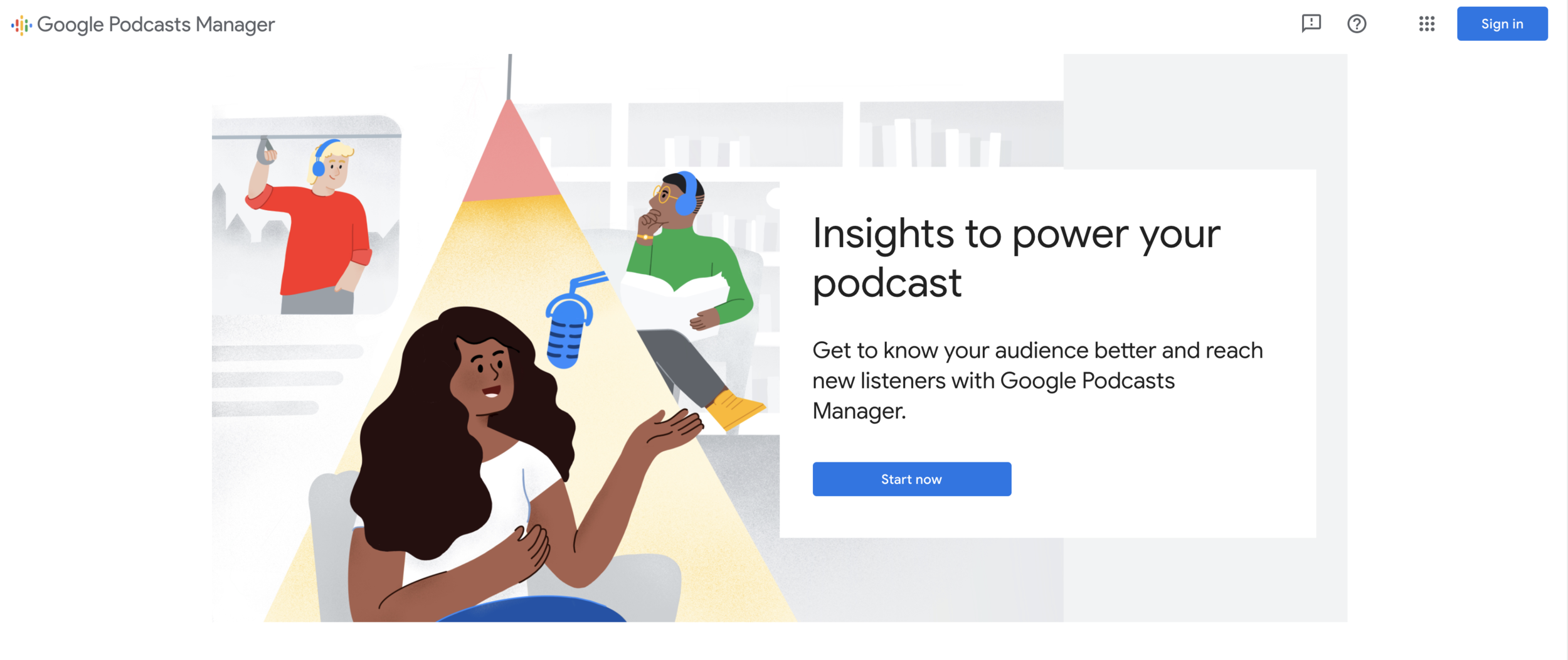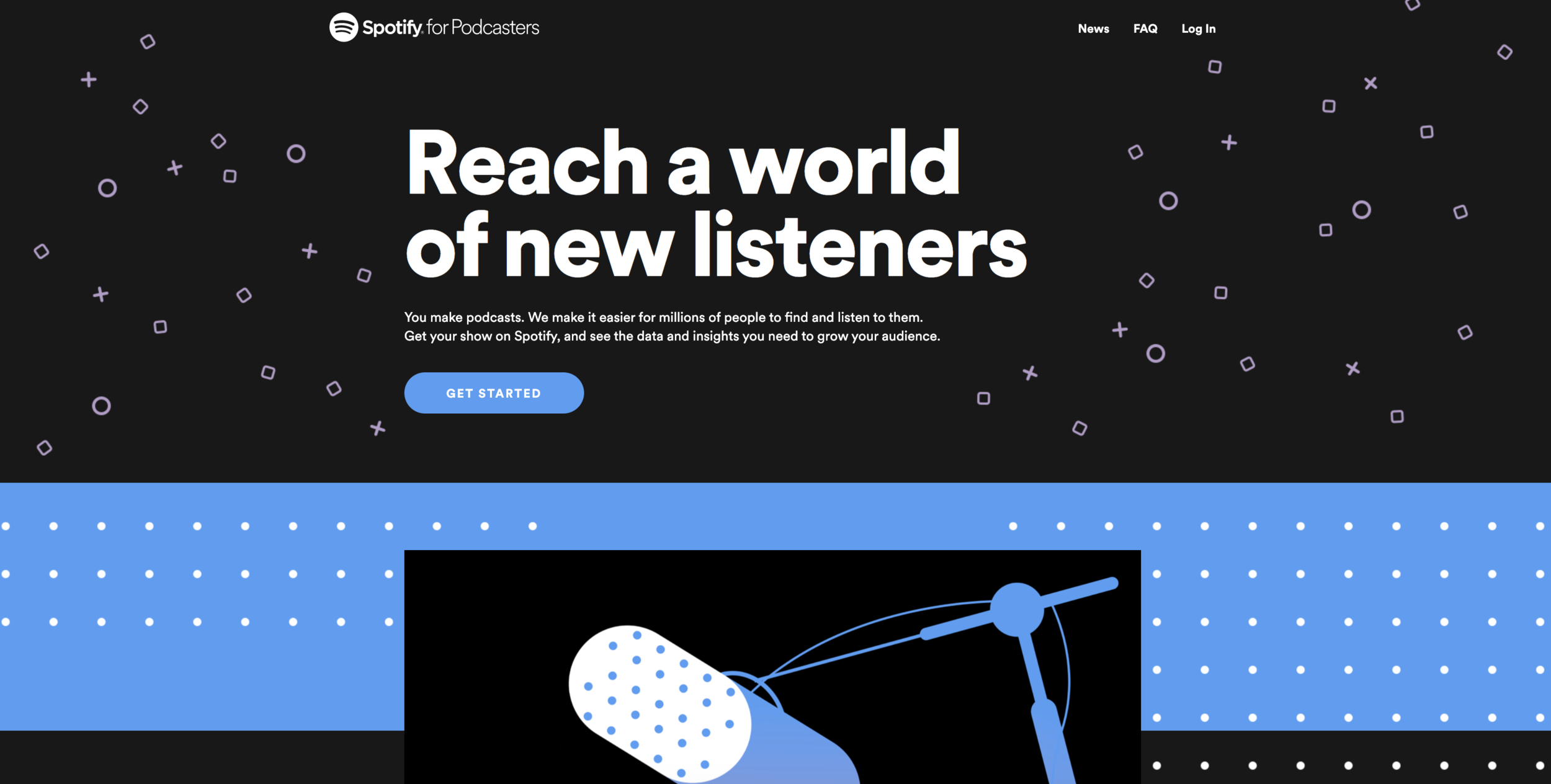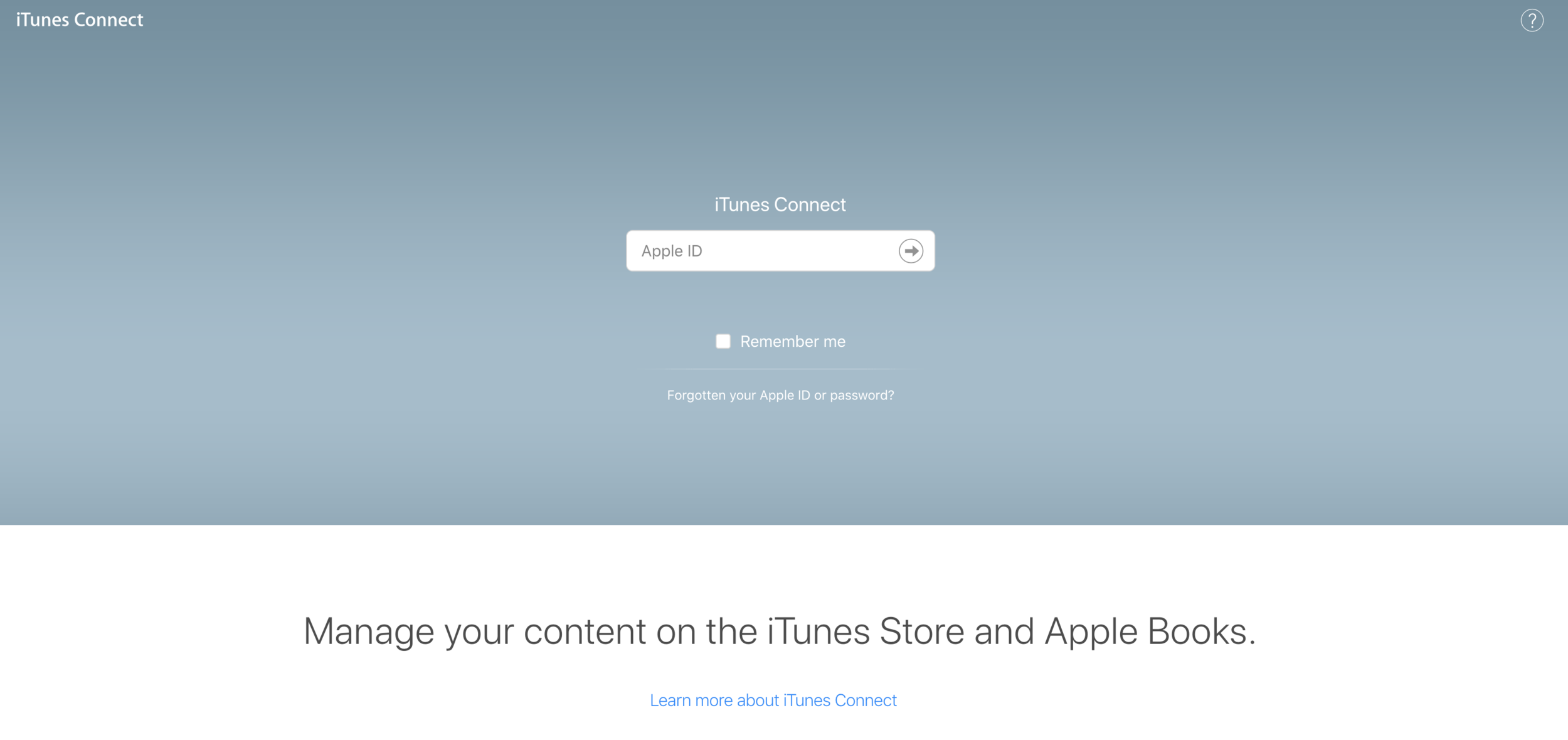
MESSAGE HEARD MEDIA HUB
Podcast KPIs: How to measure the success of your podcast
Podcast KPIs: How to measure the success of your podcast
When it comes to making a successful podcast, download numbers aren’t everything. Here’s what else you should be measuring.
Podcast KPIs: How to measure the success of your podcast
When it comes to making a successful podcast, download numbers aren’t everything. Here’s the KPIs you should really be measuring.
Here at Message Heard, we preach the gospel of measuring podcast performance. It helps us learn, iterate and improve from season to season.
When we’re talking with clients and partners, we also encourage them to set goals to measure performance against. However, we too often see people hung up on one particular measurement: number of downloads.
Whilst the reach of your podcast is important, it's definitely not the only measure of success and should always be looked at in the context of other metrics.
To avoid being blinded by the light of download numbers, you should set out clear goals at the start of the podcasting process that align directly with what you want to achieve.
Using KPIs to set strategic goals
So, how do you go about figuring out the right numbers to pay attention to?
When we launch a show, we like to think about who we’re trying to reach and how we want them to react and engage. We then select 3 or 4 key metrics which to track closely through the season.
For example, if your show is about something niche or aimed at an internal audience, there are natural caps to listener numbers but audience engagement levels or listen through rates might tell you more about what you're actually achieving with your podcast.
Or if you're looking to grow your personal brand, press hits and invites onto other media would be a good measure of success. Want to grow an engaged audience? Why not create a Facebook or LinkedIn group, promote it in your podcast and track the growth.
What success looks like for branded podcasts
The takeaway: success looks different for everyone.
As an example, let’s compare our show we measure the success of Conflicted versus how Buffer measured the performance of Breaking Brand.
With our show Conflicted, we boiled down success to three KPI’s (key performance indicators):
Download Numbers - Listener reach is important to us as this is a general interest show where we’re looking to reach as many ears as we can.
Revenue - We wanted to generate revenue via ads and sponsorships to create a sustainable show.
Engaged Audience - We wanted to build an engaged audience across various social channels so listeners could become more involved in the show.
As an independent show, these are quite direct, mercenary concerns. However, a branded podcast with broader goals of building brand and raising awareness would naturally have completely different measurements of success.
Ash Read, Head of Editorial at Buffer, told us their key measurement was how long listeners spent listening to the show. And Breaking Brand saw strong completion rates — on average, people are listening to 83% of each episode.
Hear more about how Buffer measured the results of their podcast.
This means that the audience isn’t just showing up, they’re sticking around and engaging with the content. For Ash, this has a lot of potential: “If we continue to publish content in this feed, they’ll continue listening. That feels really valuable for us.”
So what are the metrics you should use to measure success?
What KPIs should I actually be measuring?
Again, it's all about selecting the right metrics for your podcast strategy. So as you read this list, ask yourself why you're making a podcast and what you want to achieve.
These are all great metrics to select as your key performance indicators, but yet again, they need to be tailored to your individual podcasting goals.
Downloads - Do you want to reach the broadest, largest audience possible?
Demographic data - Are you trying to reach a particular group? Can you see that audience growing?
Consumption Rate - Arguably the most important stat as it measures depth of engagement. How much of each episode are the audience listening too? Are people not just coming but staying till the end?
Social following - Do you have an engaged audience that are sharing?
Mailing list - Similarly, have you a dedicated audience engaging with your content?
Group members (eg. Facebook, LinkedIn) - Are you looking to have a conversation with your listeners or build a community? Groups are a great way to do that.
Press - Are you looking to raise your hosts’ profile? What coverage has your podcast achieved and has it put you in front of new audiences?
Inbound leads - If you’re an agency, maybe you’re using your podcast to draw in leads. If you haven’t already, could you start tracking where leads, asking specifically about the podcast come from??
Revenue - Are you looking to monetise your show? Is the revenue covering costs?
Engagement with sponsors - Are you driving a good amount of traffic to your sponsor? This might be important for keeping them onboard.
Engagement with a competition - Are you running giveaways or competitions? You should track social shares and entries.
Website traffic - Is your podcast driving a large amount of traffic to your website?
Have we missed anything off this list? I’m sure we have! There are going to be even more specific things which will tell you if your podcast is working for you.
Send any suggestions this way, and we can continue to expand the list.
Want to learn more? At Message Heard, we make podcasts that help your brand reach new audiences.
Want to create a podcast that exceeds your brand KPIs? Get in touch!
What's your perfect podcast marketing mix?
What's your perfect podcast marketing mix?
When it comes to podcast marketing, there is no one size fits all solution. Instead, we break down the tactics and approaches that will help you create a podcast marketing plan that is built for purpose.
Grow your podcast audience by creating a tailored marketing plan.
When we get asked “What is the best way to market our podcast?”
The answer is always: “Well, that depends…”
Very unsatisfying we know! But it’s true.
For some clients the budget for splashy ads might not be on the cards, or others might have existing channels we can cross-promote - like a blog or a youtube channel. Some podcasts have a very niche audience, and others have a mass appeal. With so many factors at play, every marketing plan has to be bespoke.
So, the bad news is: there is no one size fits all solution.
The good news though: there are repeatable tactics and approaches. You just need to select the right ones for your podcast.
In this post, we’ll give you the building blocks of a podcast marketing plan that is built with purpose.
But first, let's talk choosing the building blocks that work for you.
What is a podcast marketing plan?
Having a strategic marketing plan is key to growing your podcast audience. And, to build these plans for each of our shows, we first ask:
What is your marketing resource for this project?
Who is your target audience?
And, how will you measure the success of your podcast?
With the answers to these questions in mind, we start to create a marketing mix that will help you build the audience you want, and deliver against your goals.
This is when those key ingredients we mentioned earlier come into play.
Your Perfect Podcast Marketing Mix
Whilst every podcast needs a bespoke plan, you don’t need to start from scratch for each show.
We think about a marketing mix in three channels: paid, earned and owned:
Paid is anything where you exchange money to secure promotion, namely advertising.
Earned is where you depend on someone else’s curation to gain coverage or promotion - like a feature on Apple Podcasts or a review in a newsletter. There are sometimes external costs involved with this, such as award entries.
Owned covers the activities conducted on your channels like your website or social media.
With these channels in mind, as well as the budget, audience and goals for the podcast, we then pull out different tactics from each channel to build the perfect marketing mix.
Here are all the different channels and tactics to consider:
This is by no means an exhaustive list! All podcasts will have unique real-estate they can use for promotion. Do they have an app they can promote on? A print magazine? For example, our client Buffer uses their login page to put the podcast front and centre:
These are simply the building blocks we use to create a balanced marketing mix that will allow you to grow your audience strategically. This is also an ever growing list, have we missed any key ways you grow your audience? Let us know!
Want to learn more? At Message Heard, we make podcasts that help your brand reach new audiences. Find out how we can help by getting in touch today.
Podcast publishing 101: Where to publish your podcast?
Podcast publishing 101: Where to publish your podcast?
Podcast publishing is a bit of a minefield — but getting it right is key to creating a successful podcast, so it's worth investing some time in. We've learned a lot from publishing our own shows, and we're here to share our learnings with you, so you don't fall into the common traps.
A guide for checking your podcast is published everywhere it needs to be.
Podcast publishing is a bit of a minefield — but getting it right is key to creating a successful podcast, so it's worth investing some time in. We've learned a lot from publishing our own shows, and we're here to share our learnings with you, so you don't fall into the common traps.
We’ll share our tips about podcast publishing, and share our ever growing podcast platform checklist that you can use to make sure your podcast is accessible on whatever app your listeners are using.
Why is podcast publishing important?
From Apple to Google Podcasts, there are so many places that listeners can discover, listen, rate and review your podcast.
With our show Conflicted, we can see that listeners use over 26 different podcast platforms and there is still a large chunk of unattributed listens which could come from any number of other podcast platforms.
The vast majority of listens come from a few big players: 68% Apple Podcasts, 14% Spotify and the remaining 19% split between over 20+ other apps.
A table showing some of the places people listen to our show, Conflicted.
But no matter the size of listenership on that platform, it’s important your show can be accessed everywhere as it improves the experience of every potential listener you have. Think of those potential super fans who will be very annoyed that they can’t find your awesome show on their chosen app!
The good news is it’s pretty easy to do, but there are a few factors to consider especially when it comes to timing.
When should you publish your feed?
It makes sense to focus on making sure your podcast is on the biggest podcast platforms first.
We discovered the hard way that Apple Podcasts, which along with Spotify, is widely one of the most common places people listen to podcasts, encourage you to allow up to 10 working days for them to approve your feed once it’s submitted.
So to avoid any last minute panics, we now make sure all our feeds are set up with the trailer uploaded 10 days before we planned to start promotion.
Once the feed is created via your chosen hosting platform, you will generate an RSS feed link. We then make sure this link is submitted to the top players:
Apple Podcasts - Submit your feed here via iTunes Connect. Make an account if you don’t already have one, and you can also see analytics through this portal.
Spotify - Submit or ‘claim’ your RSS feed through Spotify for Podcasters. You’ll also need to create an account, and similar to iTunes Connect, Spotify offers specific analytic via this portal.
Google Podcasts - Google now have a podcast manager portal as well where you can submit your feed directly. You can log in with any google account, and as with the others, you will need your RSS feed link at the ready.
From there, we’ve found your RSS will be automatically picked up by most other podcast platforms. This may take some time, so you can also check and submit your feed via the links in the list below!
Where else should you make sure your podcast is published?
As we mentioned, the RSS feed does a lot of the hard work for you and you might find your podcast has found its way on to many of these platforms without you submitting it directly.
So, we suggest waiting for up to 10 days and once you see your link appear on these platforms you have already submitted to:
Apple Podcasts
Spotify
Google Podcasts



Then go through and check your podcast is displayed on these players, if not you can add them via the links or instructions below:
Overcast - There is no specific way to submit to Overcast, they say you should see your podcast on Overcast 2-3 days after you submit to Apple.
Acast - Scroll down to the green button where it says ‘add your show’
Downcast - Downcast also don’t have a direct submission and use Apple Podcasts, but if your show is not appearing you can email them: support@downcastapp.com
Doggcatcher - Doggcatcher also doesn't have a direct submission. If you can’t find your show, you can try using their support forum.
Alexa - Lots of podcast apps already have skills which you can use to access your podcast, but some shows also create your own skill but this requires custom development.
Entale - You can add your shows to Entale if you wish to add reference materials like images or links.
This is a running list we have compiled. Have we missed any? Let us know if your favourite podcast platform isn’t listed and we’ll add it along with the link to submit.
Want to know more about marketing and distributing your podcast? At Message Heard, we make podcasts that help your brand to reach new audiences. Find out what we can do for you. Call today: 02081036034 or email us at: contact@messageheard.com.
The SEO Benefits of Branded Podcasts
The SEO Benefits of Branded Podcasts
We explore three ways that podcast marketing will help boost your brands SEO performance, ranking and visibility.
Want SEO success? Think podcast marketing! Here’s why...
There are A LOT of reasons why brands want to rank high in the search engine listings. This page details most of them, but here’s a quick summary:
Search engines matter. Search engines are vital for driving traffic to your site. They account for 300% more traffic than social media.
High rankings matter. 75% of people only look at the first page of results.
Search engine visibility matters. 50% of people are more likely to click a result if a brand appears multiple times in their search engine results.
Here’s the second thing to note: Google is far and away the king of the search engines. Check out the stats:
Of searches done on mobiles and tablets, 94% of the traffic comes via Google.
Google also holds 75% market share of desktop and laptop searches.
Google processes over 57,000 searches, every second.
Third thing to note: podcasts boost your search engine rankings.
The SEO Benefits of Branded Podcast #1: Increased Search Engine Visibility
Podcasts increase your search engine visibility – and therefore increase your ranking.
Google now surfaces individual podcast episodes in its search results. Why does that matter? Because this means that every episode of your podcast increases your chances of Google ranking you.
Google has had the tech capacity to index your audio since 2019. This means the search engine isn’t reliant on your podcast’s title or subtitle or meta-description: it’s looking content. So, if you create a podcast (or a podcast series) that focuses on aspects of your business or industry in which you have core expertise, that valuable content will be recognised and surfaced: enhancing your SEO.
The other takeaways?
The more episodes your branded podcast has, the more likely it is that your content will reflect popular search results.
The quality of your podcasts will count. This is about content but it’s also about the quality of your audio. Great audio = easy transcription = enhanced results.
Podcasts with expert guests will boost your results. Google will pick up their presence on your podcast and surface you in response to searches for those guests.
Underlining Google’s commitment to podcast, in 2018 the company’s Podcasts Product Manager Zack Reneau-Wedeen said that his team’s mission is, ‘...to help double the amount of podcast listening in the world over the next couple of years.’ In other words, the biggest search engine in the world is actively trying to grow your podcast audience.
The SEO Benefits of Branded Podcast #2: Greater Brand Awareness and Reach
Podcasts are a popular and evergreen form of customer-attracting content.
Why does any piece of branded online content matter? You know the answer: it’s because it gets the brand exposure; highlights your areas of expertise; builds your credibility and extends your reach. In this sense, podcasts are another channel for your quality content. And the benefits they bring in this regard are three-fold:
Podcasts give you the opportunity to present the same content in two forms – audio and written. You can multiply the content from your podcast in very simple ways. You can create a transcript. You can use extracts from your podcast as a springboard for blog posts. You can tweet about upcoming episodes. You can even create visual content off the back of your podcast, by creating click-worthy episode art. These are all avenues that use your podcast content in slightly different ways to broaden your reach.
Podcasts reach a different audience. People listen to podcasts on the go: often when they’re moving or driving. At these times, it’s not possible to engage with written content. So, podcasts reach an audience who want to consume information in a different way. Your audio content complements your written content and grows your audience.
Podcasts take you to new (online) places. Podcasts are hosted in spaces that are not reached by other means! With a branded podcast, you find a home on channels like Apple Podcasts and Spotify (plus a plethora of other hosts). New audiences have a chance to discover you in these locations by using a podcast app search, which scours titles and episode descriptions for relevant content. It’s yet another way of building your base.
The SEO Benefits of Branded Podcast #3: Attract Quality Backlinks
Podcasts attract the backlinks that build your base and boost your ranking.
People link to your page when they feel that your page is providing quality information that matters to their audience. To put that another way, every link you attract has the potential to grow your audience. And there’s another reason why backlinks scatter gold dust over your brand: they function as a powerful search engine magnet. Search engines love sites with lots of links because the links tell them that your site has content that people value.
What does that have to do with podcasts? Everything!
When you create a quality branded podcast, you are creating content that ticks at least one of the following link-attracting boxes. A podcast that’s...
Informative
Entertaining
Useful
OR
Newsworthy
...will entice people to link it to their website. This builds your brand in three ways. Firstly, it feeds into brand awareness and reach. That website’s followers become aware of your brand. Secondly, it allows you to create clever internal links. Your podcast page; your transcript; your show notes; your podcast-related tweets can all lead to your website or even to your website’s conversion pages. Thirdly, it builds your search engine visibility. SEO appeal!
Want to know more? At Message Heard, we make podcasts that help your brand to reach new audiences. Find out what we can do for you. Call today: 02081036034 or email us at: contact@messageheard.com.








